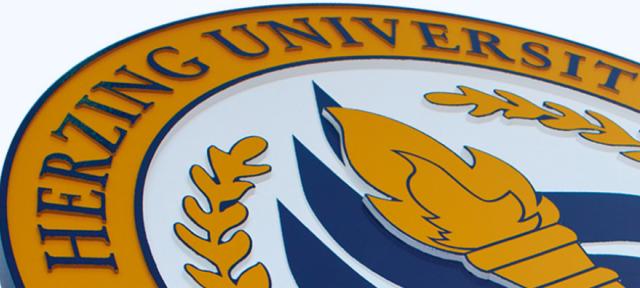Program availability
Your Preferences
Update your Zip code, preferred campus, and preferred program

Sterile Processing Program Prepares Students for Entry-Level Position
Herzing University has started an online diploma program that will prepare students to become sterile processing technicians.
Herzing University Now Offering PN Program on Madison Campus
Herzing University has started a Practical Nurse (PN) program on its Madison, Wisconsin, campus, which can help fill a vital need for more nurses in the state.
Herzing University Adds Two Members to Board of Trustees
Herzing University has announced two new members are joining its Board of Trustees – Joseph Hill of Atlanta and Dr. John Lopez of Denver, who are national leaders in higher education, healthcare and diversity, equity and inclusion.
Different Types of Medical Assistants
Is the sterile processing certification exam hard?
According to HSPA, out of 8,056 CRCST exams taken in 2021, 75% passed the test. The exam is not a walk in the park! You’ll need to be well-prepared both academically and professionally to pass the exam and become certified.
The computer-based CRCST exam is 3 hours, containing 150 multiple choice questions testing your knowledge of cleaning, decontamination, disinfection, patient care equipment, sterilization process, and more.
Get educated, study hard, and you’ll be in the best possible position to pass the exam and become certified.
How can you go from sterile processing to surgical technologist?
Our sterile processing program is designed to transition easily into a surgical technology associate degree program. Knowledge and skills learned in a sterile processing diploma curriculum closely applies to similar roles and responsibilities as a surgical technologist.
Every state has their own requirements, but in general surgical technologists typically have greater minimum requirements for education and certification. Earning an associate degree in surgical technology is considered the preferred educational model for entry-level positions by the Associate of Surgical Technologists (AST).
If you live in New Orleans, you can transfer credit earned in our diploma program into an associate degree in surgical technology, currently offered at our New Orleans campus.
Central service vs. sterile processing technician: is there a difference?
This is largely a difference in name only—different hospitals and medical institutions can use different names for technicians in sterile processing department.
Job roles and responsibilities are always unique to each facility, but in a general sense there is very little difference between a “central service” and “sterile processing” technician.
How can you become a traveling sterile processing technician?
Working as a traveling sterile processing can be a great opportunity to see new places, experience different cultures and meet new people—all while building your skills in a rewarding career.
Every job posting will come with their own unique requirements for traveling sterile processing technicians. Be ready with an updated resume and immunization and health records. Getting certified is very important; these positions can be competitive and you’ll need every advantage you can get in the application process.
You may choose to sign up with a healthcare staffing agency to help you find the types of travel jobs you’re looking for.
How much does a sterile processing technician make?
According to the Bureau of Labor Statistics, medical equipment preparers earn an average annual salary of $48,990 per year ($23.56 per hour).*
